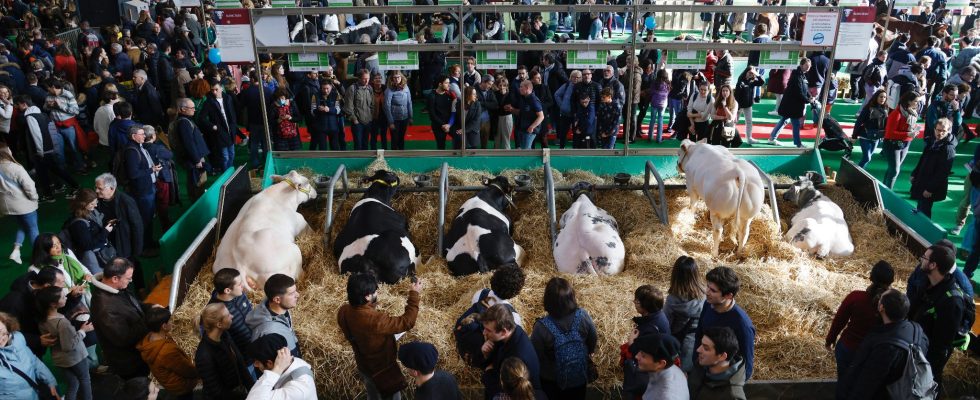This book is first of all a vibrant plea in favor of our peasants. The first 100 pages are a real cry from the heart: never have we needed farmers so much, and never have we mistreated them so much! Tired of presenting them as a problem when they have all the keys to sustainable development, and are even the first ecologists on the planet.
In the crosshairs of Sylvie Brunel, the boho media which put forward alternative models to modern agriculture, praise small producers and criticize large farmers, without realizing that these gardeners do not feed anyone (only 2% of the needs of large cities ) and sink into precariousness, and that their generalization would be a tragedy for our food security.
Targeted, too, the organic fundamentalists: to be able to eat all, it is necessary to treat: why the hell ban chemistry to the peasants whereas one encourages it for the private individuals, in view of the substances banned from the stables and the henhouses but authorized for the pets ? And what would our ancestors say about forgoing the treatments that saved generations from starvation? Finally, castigated those who want to deprive us of meat: if the world stopped eating it, more cultivated land would be needed to feed the planet than today. Not to mention that there are more people on earth who are deficient in animal protein than people who eat too much of it.
Past the rants, the professor of geography at the Sorbonne turns to solutions, the analytical takes precedence over the emotional, compromise over intransigence. The Salvation ? The triple green revolution: produce more, pay farmers better, protect nature. And there all the production models have their interest, all can complement each other to satisfy different customer segments. As long as they don’t lie about the constraints and their difficulties. And on condition that all modern technologies and knowledge are mobilized so as not to turn peasants into beasts of burden again, from genetics to protective chemistry, including the exploitation of data or irrigation.
Is there a risk one day of running out of food?
The challenge of the green revolution is not only food, insists Sylvie Brunel. Agriculture also produces everything that can free us from the fossil: the cultivation of corn is criticized for its water consumption, but the small yellow grain can be used in more than 1,500 different ways, from popcorn to livestock feed through gelling agents, solvents, cosmetics, paints, fuels, bags…
Is there a risk one day of running out of food? It’s possible, warns the one who has traveled around the world for almost twenty years with Doctors Without Borders and Action Against Hunger. But it won’t be because of overcrowding (two-thirds of the world’s population live in countries that don’t ensure generational renewal) or because of a lack of resources (they are only limited as long as innovation does not does not allow it to be increased or replaced)… but because agricultural policies will have failed. It is not the countries that are best endowed by nature that do best in terms of food security, but those that conduct genuine agricultural policies.
Food security is a question of political will, and in this respect French and European strategies are multiplying the bullets in the feet of our farmers. The book ends with an abundantly quantified and illustrated analysis of the place of agriculture in France and the place of French agriculture in the world. So many orange indicators that light up on our food security dashboard. By closing the stimulating book by Sylvie Brunel, we say to ourselves that it is still possible to make them go back to green.
To feed
By Sylvie Brunel. Buchet-Chastel, 330 pages, €21.50.
4 stars
